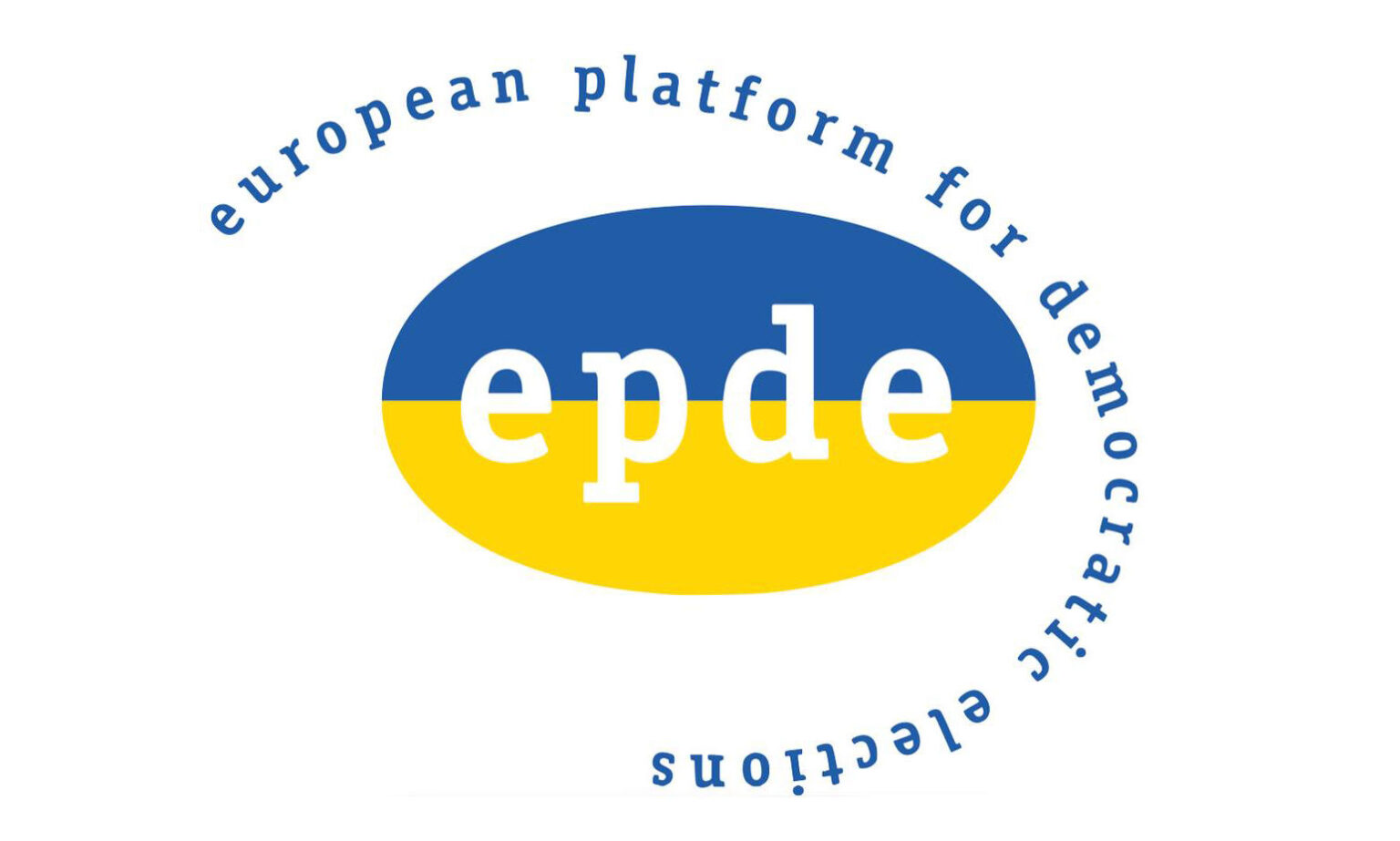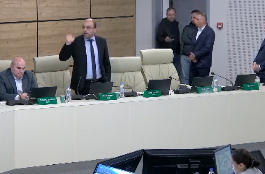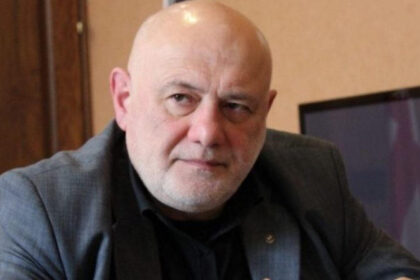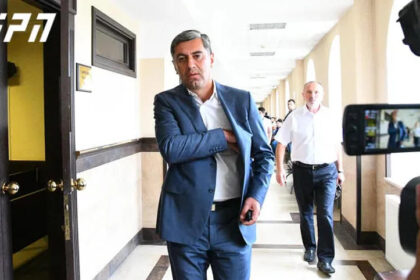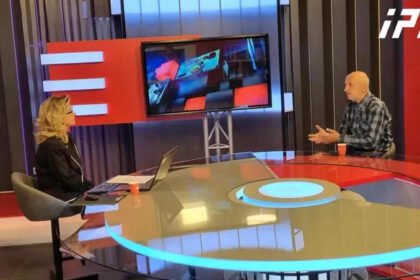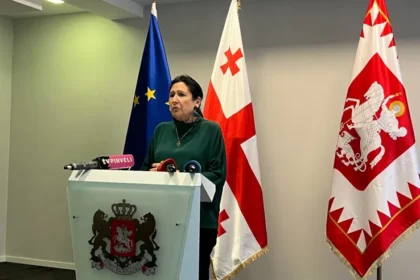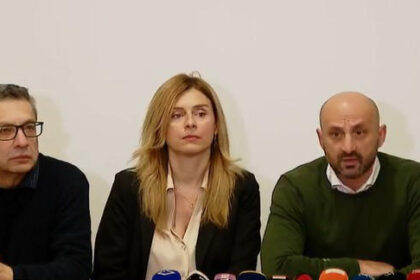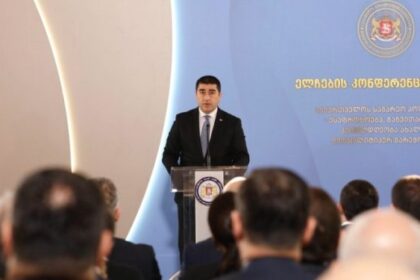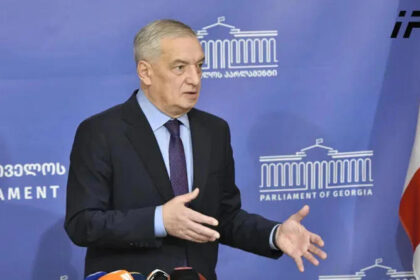The European Platform for Democratic Elections (EPDE) echoes the statement of the Central Election Commission of Georgia, according to which the EPDE’s assessment that a number of international observers present in Georgia for the local self-government elections of October 4, 2025 are “fake observers” is clearly offensive, unfounded and aimed at discrediting.
“We have reviewed the press release published by the CEC of Georgia on 17 October 2025 in reaction to our statement “The Crisis of Credibility” on fake observers at the Georgian local elections.
We appreciate the CEC’s engagement and welcome any opportunity to compare evidence and standards. EPDE’s work is based on the Declaration of Principles for International Election Observation and its Code of Conduct as endorsed by the OSCE/ODIHR, the United Nations Secretariat, which serve as the baseline for defining impartiality, independence, and methodological transparency in credible election observation. In particular, §5 of the declaration explicitly defines credible election observation as a long-term exercise not limited to election day.
Our public database documents individuals and groups with a prior, evidenced pattern of endorsing elections that credible missions and/or e
stablished domestic observers have assessed as fundamentally flawed, typically without a transparent method or disclosure of conflicts of interest. This operational definition is consistent with the field’s literature and EPDE’s methodology for identifying biased observation.
Georgia lacked comprehensive, long-term international observation because the OSCE/ODIHR was invited too late to deploy credibly, a fact contemporaneously reported by reputable outlets. In parallel, the leading election observation organization ISFED declined to mount a standard mission, citing that core Venice Commission preconditions were “largely not met.” Other major watchdogs, including GYLA and Transparency International Georgia, likewise chose not to deploy full observation missions. The 2025 local elections marked the first time in more than two decades that neither international nor domestic observers were able to monitor elections in Georgia. This alone created an unusually high-risk environment where any ad-hoc or partial observation could be over-interpreted as a substitute for credible scrutiny.
When officials of election management bodies, government institutions, or elected officials are invited as “international observers” outside a recognized, standards-based mission, their institutional authority can be misconstrued as professional validation of the overall process, especially in the absence of OSCE/ODIHR and full domestic monitoring. If such delegates issue public assessments that diverge from those of credible missions in comparable elections, this gap demands explanation, not merely assurances. The Declaration of Principles is clear: credible observation hinges on independence, a published method proportionate to the claims made, and avoidance of real or perceived conflicts.
Regarding the CEC’s assertion that it is “unclear why EPDE chose to single out only a few individuals,” we emphasize that our assessments are case-based and grounded in our published methodology. We did not label all foreign observers as fake. We identified only those individuals who meet our definition of fake observation. For each listed person, we can provide the specific public statement and/or on-record action (including a verbatim quote) that triggered the listing. Some individuals have prior instances of such activity; others were listed based on their conduct during this cycle. Our assessment concerns verifiable behavior and methodological independence, not nationality, job title, or institutional affiliation.
We invite the CEC to: publish the observer accreditation criteria, sponsorship/hosting arrangements, and any code of conduct applied to ad-hoc invitees; recommend that any EMB delegates refraining from standards-based missions avoid public qualitative judgments; and join stakeholders in encouraging timely, full-scope ODIHR invitations and facilitating robust domestic observation in future cycles. These are practical, confidence-building steps aligned with international best practices”, reads the statement.
EPDE says it stands ready to provide the dossiers underlying each listing and to brief the CEC on their methodology in detail.
The statement comes after the Central Election Commission of Georgia issued a statement reading that the statement issued by the European Platform for Democratic Elections (EPDE), according to which the organization considered a number of international observers present in Georgia at the local self-government elections of October 4, 2025 as “fake observers,” is clearly offensive, unfounded and aimed at discrediting.
EPDE calls on CEC to publish observer accreditation criteria, sponsorship/hosting arrangements, and any code of conduct applied to ad-hoc invitees
